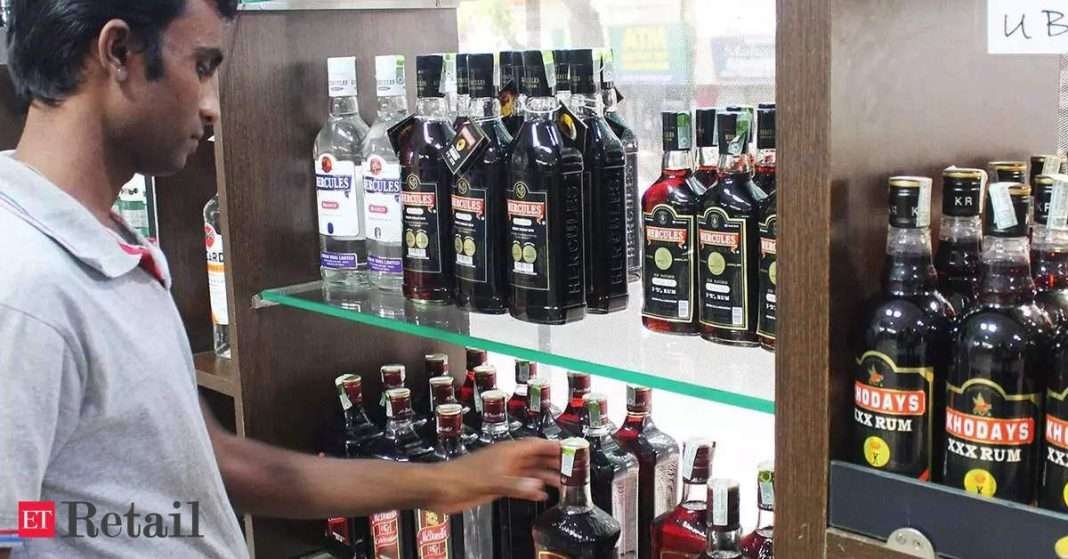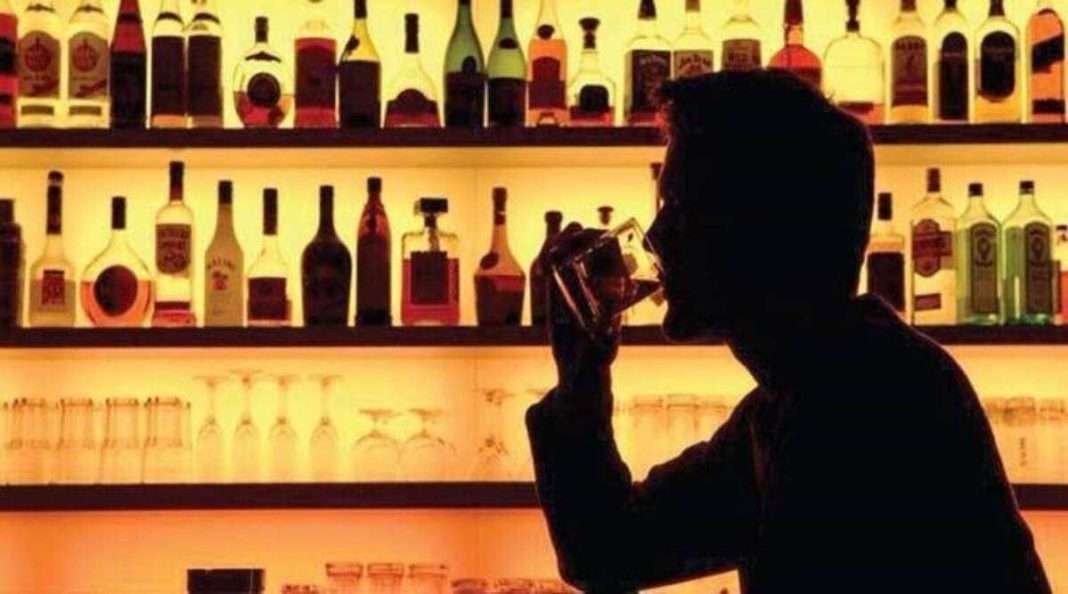The Delhi government has approved six dry days between January 26 and March 31, officials aware of the development said on Monday.
The government approved a proposal by the excise department to declare the dry days on Republic Day (January 26), Guru Ravidas Jayanti (February 5), Swami Dayanand Saraswati Jayanti (February 15), Mahashivaratri (February 18), Holi (March 8), and Ram Navami (March 30). The excise department will issue a formal order announcing these dry days soon.
On five of these days, liquor shops will remain shut but alcohol can be served at restaurants, bars and hotels. However, on January 26, liquor can’t be sold or served at any commercial establishment, the officials said.
“According to the Delhi Excise Rules, no licensee is allowed to sell liquor on the days which are notified as dry days by the excise commissioner with the approval of the government. This restriction does not apply to the service of liquor to residents in hotels (L-15), service of liquor in L-16 (hotel bars), L-17-19 (restaurants and bars), L-duty-free shops, L-28 (club), L-29 (clubs/mess for govt servants), P-10 and P-13 (service of liquor in parties/functions/conferences) on all dry days except Republic Day (January 26), Independence Day (August 15), and Mahatma Gandhi’s birth anniversary (October 2),” an excise official said.
Under the now-scrapped excise policy 2021-22, Delhi had only three dry days a year, but as the city has reverted back to the pre-2021 excise policy, the Capital has 21 dry days a year.
Under the 2021-22 policy, Republic Day had been declared a dry day but residents of hotels with an L-15 licence could be served liquor.















